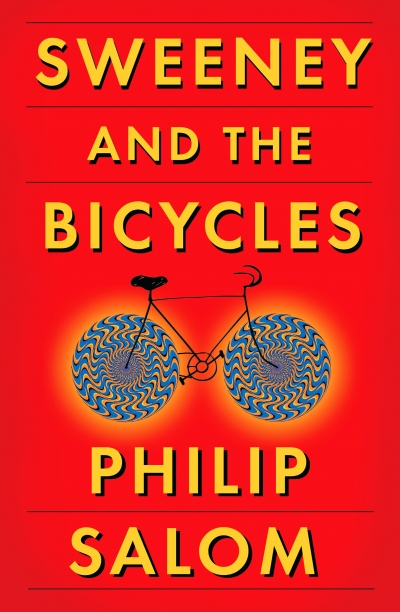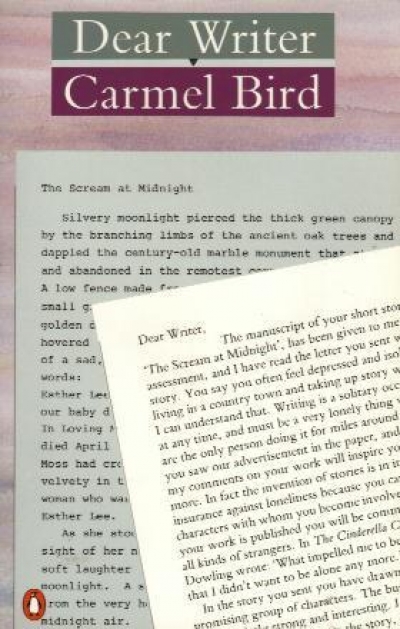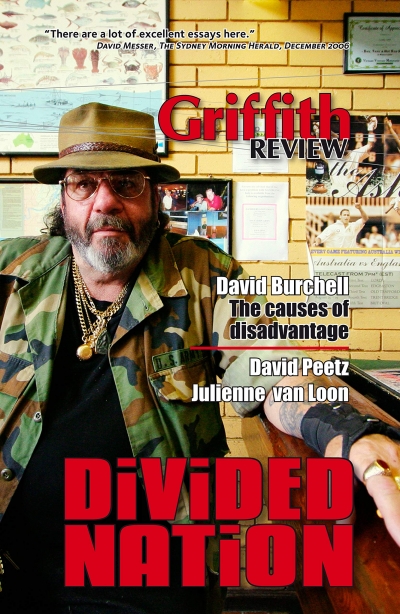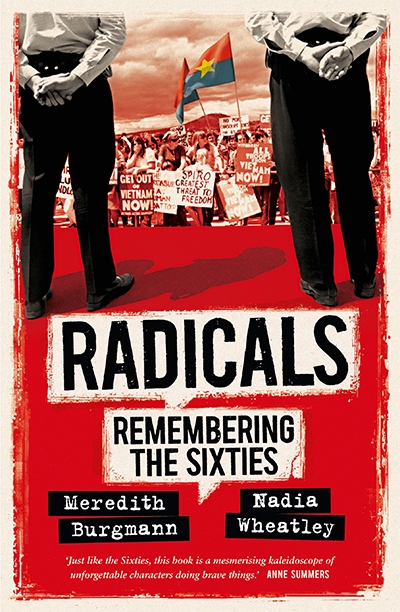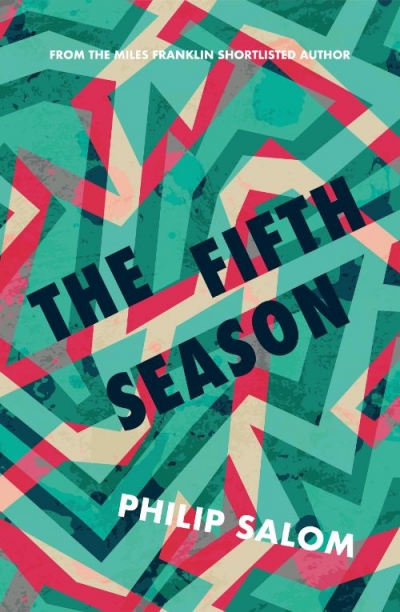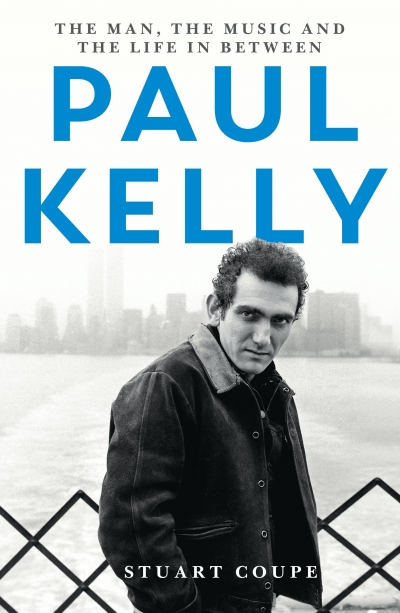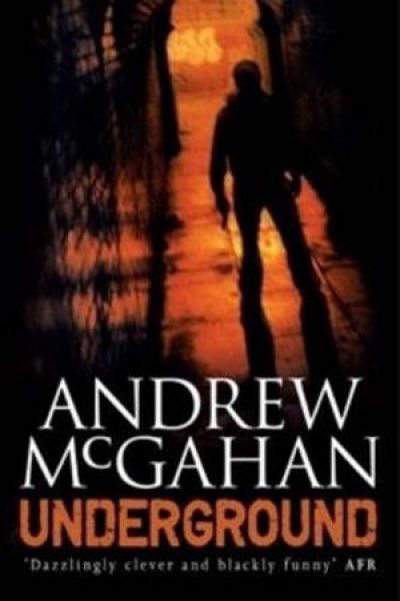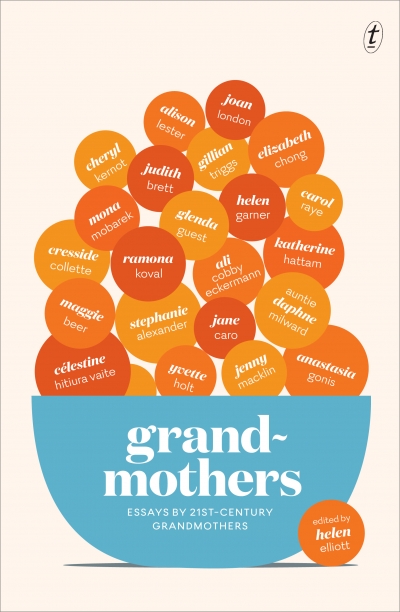Kerryn Goldsworthy
Griffith Review 15: Divided Nation edited by Julianne Schultz
I has sworn, in my editorial capacity, not to reinforce or allow to be reinforced, by word or deed, the old Sydney vs. Melbourne scenario in the pages of this magazine; but I realised very quickly that this was a case of one’s reach exceeding one’s grasp. The construction of this inter-city relationship as ‘St Petersburg or Tinsel Town?’, with its suggestion of two (and only two) opposing superpowers and its implication that one must make the choice, has – however you might feel about it – an imaginative force before which one can only bow. Several recent items in ABR have drawn on the two cities’ perceived differences in order to make points about the books or ideas under discussion (see, for instance, Rob Pascoe’s review of Frederic Eggleston and Intellectual Suppression in this issue); Jim Davidson has produced The Sydney Melbourne Book as heralded in last month’s ‘Starters & Writers’; the ‘opposition’ model seems to be a powerful figure in the national literary rhetoric.
... (read more)Radicals: Remembering the Sixties by Meredith Burgmann and Nadia Wheatley
Paul Kelly: The man, the music and the life in-between by Stuart Coupe
Grandmothers edited by Helen Elliott & A Lasting Conversation: Stories on ageing edited by Dr Susan Ogle and Melanie Joosten
ABR asked a few colleagues and contributors to nominate some books that have beguiled them – might even speak to others – at this unusual time.
... (read more)
